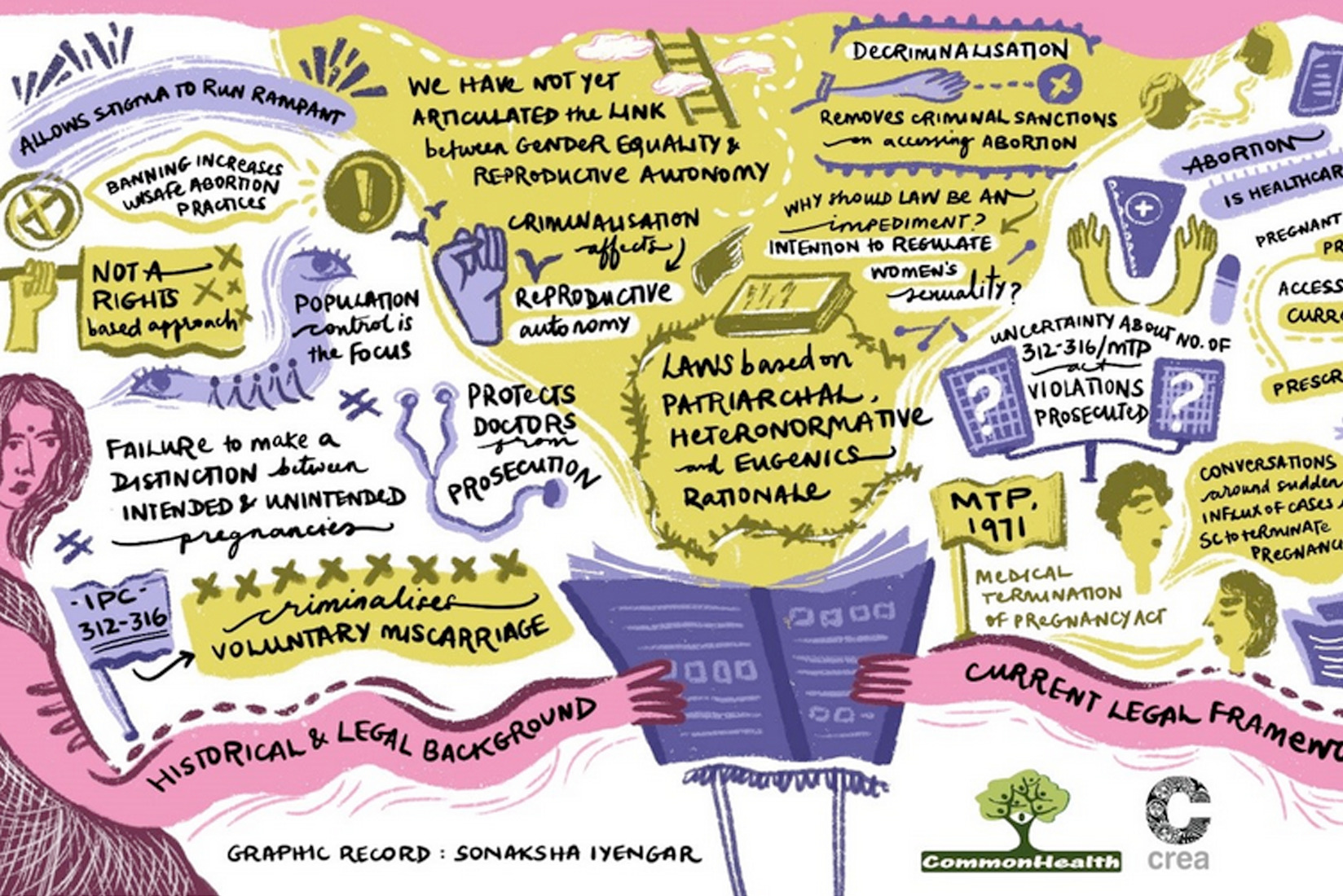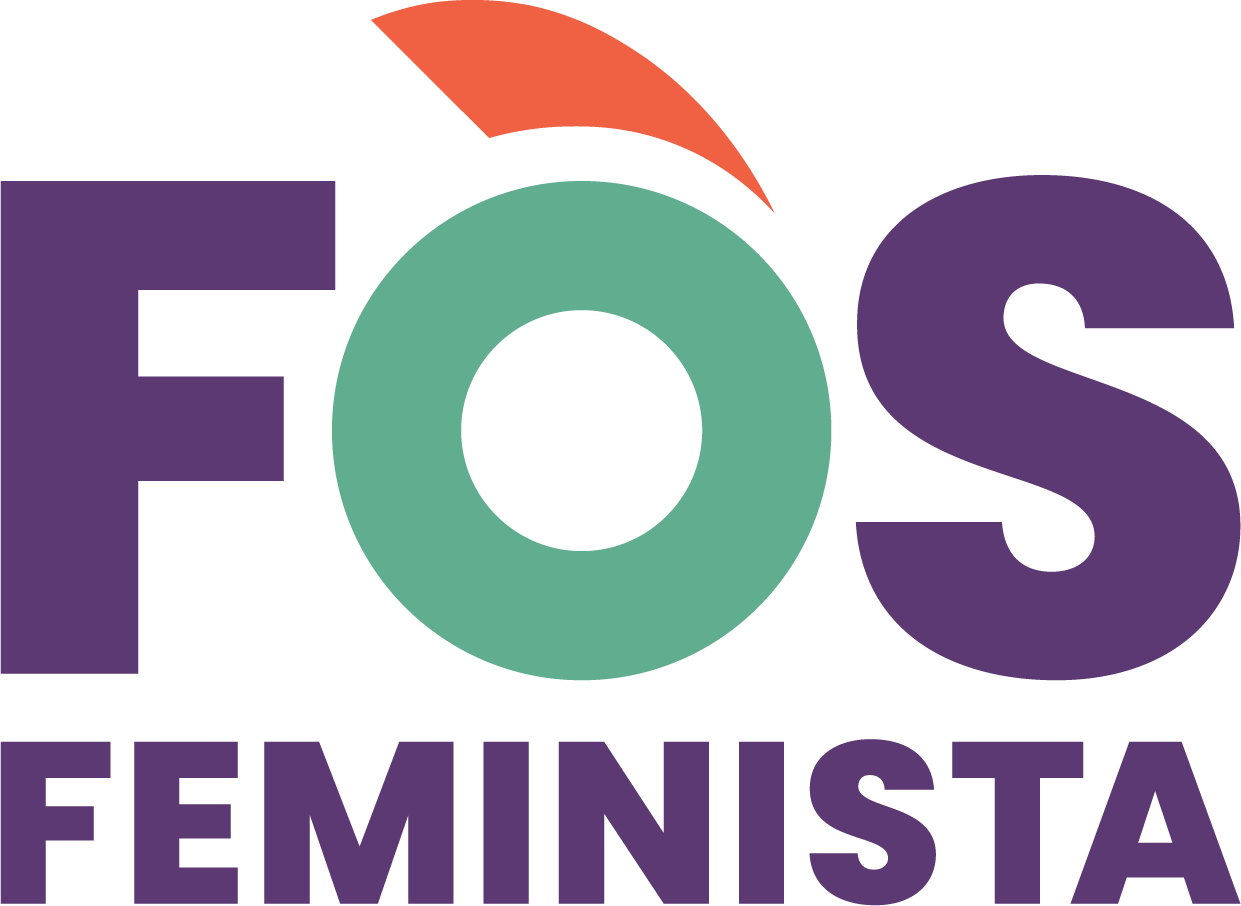
Illustration by Sonaksha Iyengar, 2020
Fòs Feminista partners are calling for a long-overdue conversation about the decriminalization of abortion.
In March 2021, the Indian Parliament passed amendments to the 1971 Medical Termination of Pregnancy (MTP) Act in an effort to expand access to safe abortion. However, Asia Safe Abortion Partnership (ASAP), a partner of Fòs Feminista, considers the amendments a “story of missed opportunities,” as they do little to shift power from healthcare providers to pregnant persons who do not want to continue their pregnancies. Reproductive justice activists in India are calling for a long overdue conversation around decriminalizing abortion, increasing public sector access to safe abortion, and ensuring government accountability.
There are an estimated 800,000 unsafe abortions in India each year, causing 8-10% of all maternal deaths in the country. Dr. Suchitra Dalvie, co-founder and Coordinator of ASAP, is a practicing gynecologist actively invested in safe abortion advocacy in India. She wrote a detailed analysis of the amendments made to the Medical Termination of Pregnancy Act, in which she interrogates the motives behind them. She questions whether these amendments truly increase the autonomy and agency of pregnant people and decriminalize abortions.
“This MTP Amendment Bill passed in the midst of a pandemic and lockdowns that exposed the cracks in all our systems,” she said. “It could have been a game changer that actually addressed the barriers faced by women and pregnant persons. Instead, it makes it clear that an abortion can be made legal and safe at any gestation if it is done for the ‘approved’ reasons that do not make the patriarchy uncomfortable. If they are done simply for the woman’s choice then suddenly an abortion at 26 weeks is dangerous and to be controlled.”
For ASAP and other partners of Fòs Feminista in India, including CREA and CommonHealth, the amendments have failed to recognize the right to abortion on demand for all. They believe that the emphasis on population control and the high levels of maternal mortality in India, the law will continue to create barriers to safe and legal abortion for those living on the margins of the public health system, such as sex workers and gender-diverse people.
As part of current country-wide discussions, feminist organizations CREA and CommonHealth organized a series of three webinars on decriminalization of abortion in India to interrogate the history of abortion laws, challenges in accessing abortion services, and cross-movement advocacy strategies. The series has sparked ongoing conversations and is a call to abortion rights activists to reflect on the current political, social, and legal landscape for abortion, especially in light of the COVID-19 pandemic. Fòs Feminista stands in solidarity with our partners in India in their work to demand that safe abortion has no place in the criminal justice system.






